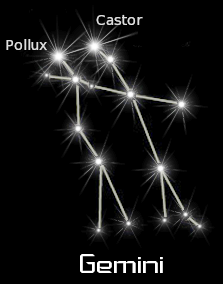From the “science is about concise, simple explanations that work” file …
Shimon Malin explains, Nature Loves to Hide (Oxford University Press, p. 6), why you don’t need science for that: One role of science is to explain phenomena, anf an explanation is different from “economy of thought.” Consider the example of tides. People made accurate tables of the times of high and low tides in many locations, but the phenomenon of tides was not understood until Newton came along and explained it as the joint effect of the gravitational pull of the sun and the moon on the waters of the oceans. This discovery did not make it possible to calculate the times of high and low tides in specific locations. These depended on many complicated factors such as the contours Read More ›
 From best known early twentieth century Catholic writer and apologist [take this, current Pontifical Institute!] G. K. Chesterton’s
From best known early twentieth century Catholic writer and apologist [take this, current Pontifical Institute!] G. K. Chesterton’s  A curious feature of science literature in a materialist age is the frequent appearance of stories about things everyone knows are true that we are now assured are “proven by research.” Take the fact that animals have personalities: This ScienceDaily
A curious feature of science literature in a materialist age is the frequent appearance of stories about things everyone knows are true that we are now assured are “proven by research.” Take the fact that animals have personalities: This ScienceDaily  Why are they
Why are they From “What Can Twins Tell Us About Mate Choice?” (ScienceDaily, Apr. 26, 2011), we
From “What Can Twins Tell Us About Mate Choice?” (ScienceDaily, Apr. 26, 2011), we  …
…